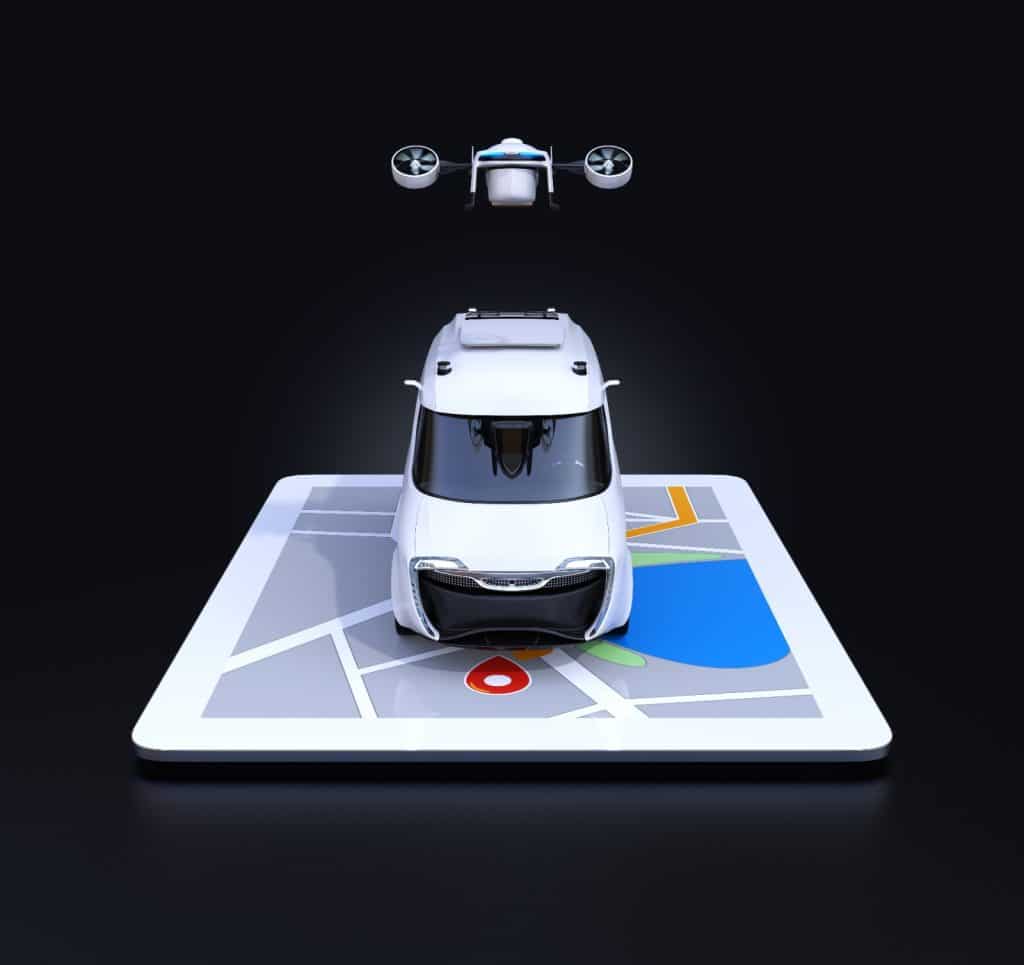Soham Chokshi, CEO of Shipsy, delves into leveraging AI co-pilots to drive proactive last-mile deliveries operations during Ramadan.
Originally written by Soham Chokshi. Edited by Vibha Mehta.
In Middle Eastern commerce’s ever-evolving realm, the delivery journey’s final leg holds immense significance as it directly interfaces with customers. With anticipation mounting for notable spikes in doorstep deliveries, particularly heightened during Ramadan, the demand for flawless logistical operations becomes paramount. Thankfully, the infusion of AI-powered co-pilots is revolutionising the logistics domain, equipping businesses with unparalleled efficiency and accuracy to tackle the intricacies of last-mile deliveries head-on.
Growing Demand for Deliveries During Ramadan
Ramadan, a period of heightened consumer activity and increased demand for retail, food, and grocery deliveries, underscores the critical need for businesses to optimise their logistics operations and drive timely deliveries. According to Statista, food delivery applications in the MENA during Ramadan can surge by 55%. This surge places immense pressure on businesses to meet heightened customer expectations and accentuates the challenges inherent in managing last-mile logistics effectively.
How AI Co-Pilots are Addressing Traditional Delivery Challenges
Traditionally, businesses suffer from reactive logistics management processes, the non-availability of on-ground tools, and the absence of system-driven preventive/corrective assistance. These inefficiencies delay issue identification and stakeholder notification and prolong decision-making, resulting in poor customer experience and SLA compliance. However, the emergence of AI-powered Co-Pilots heralds a paradigm shift in last-mile logistics management, offering businesses in the Middle East a transformative solution to enhance efficiency and customer satisfaction during Ramadan and beyond.
AI Co-Pilots are addressing these inefficiencies. These pilots continuously monitor and analyse operational KPIs to proactively identify benchmarks that are about to be breached. This allows last-mile delivery managers to address issues even before they escalate. To customise potential KPI breaches, businesses can define KPIs they want to monitor actively, set custom efficiency thresholds, and establish time limits for response.
When a KPI is breached, delivery stakeholders usually spend significant time looking for the responsible party. An AI Co-Pilot quickly refers to the pre-defined organisation structure and automatically assigns incidents or issues to the most appropriate individual on the team.

Enhancing Incident Analysis & Gaining 360° View of Incidents
Such pilots empower delivery stakeholders to gain a comprehensive view of all operational metrics on a single, user-friendly mobile application. This ensures real-time visibility into critical areas that need immediate attention.
AI Co-Pilots make incident analysis easy. On a single page, delivery managers can see all incidents and take action to address them accordingly. They can also track KPI trends to understand issues’ impact and seamlessly collaborate through comments. Senior executives can access historical status logs and detailed incident information to ensure informed decision-making and better understand incidents’ context.
AI Co-Pilot Use Case in Last-Mile
Here’s an AI Co-Pilot-powered use case. Imagine a rider is en route for a stringent time-bound delivery. A Co-Pilot quickly realises he cannot deliver on time due to a sudden road closure on the rider’s assigned route. To avoid the SLA breach from actually happening, it immediately raises an alert to the last-mile delivery manager. The alert will request the manager to assign another rider who has a greater chance of success to deliver that order on time. Once the request is accepted, a Co-Pilot will automatically reassign the order and generate the most efficient route for the rider.
The impact of AI-powered co-pilots on Middle East businesses’ last-mile efficiency is profound. By preemptively addressing logistics challenges, companies can reduce the need for manual follow-ups by 82%, shrink costs by up to 62%, improve SLA adherence by 21% and increase delivery throughput by four times.
Moreover, Ramadan’s cultural significance underscores the importance of delivering exceptional customer experiences. With AI-powered co-pilots ensuring seamless and timely deliveries, businesses can uphold the highest standards of service excellence, fostering customer loyalty and satisfaction.

